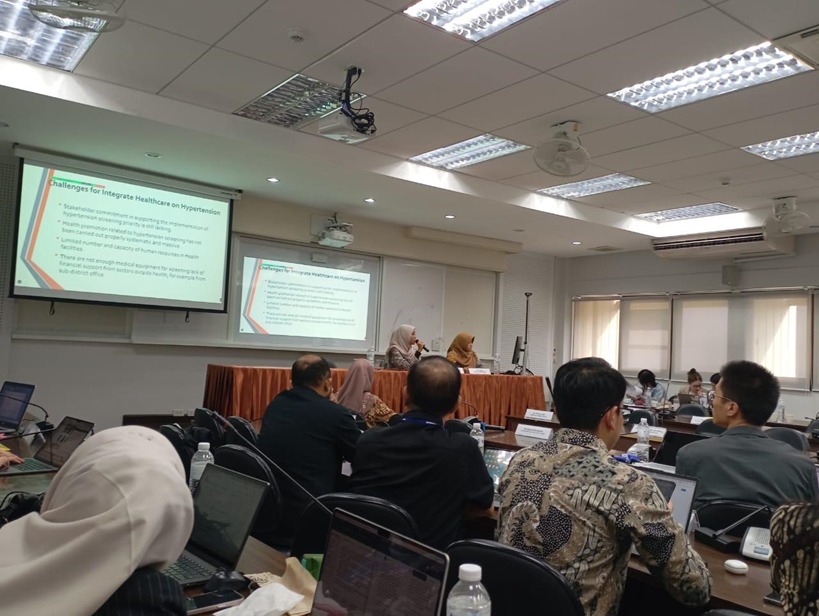The aging global population, particularly in Asia, is associated with an increasing prevalence of chronic and preventable diseases, leading to a rising demand for healthcare services that threaten the sustainability of health systems. To address this impending crisis, the World Health Organization (WHO) has advocated for a strategy of integrated, community-centered healthcare services based on primary care. In the Asia-Pacific region, the growing private sector within fragmented healthcare systems presents significant challenges to achieving integrated healthcare.
Thailand has implemented various public health insurance schemes to ensure access to healthcare services. These include the Civil Servant Medical Benefit Scheme (CSMBS) for government employees and their families since 1963 (covering 8% of the population), the Social Security Scheme (SSS) for private-sector workers since 1990 (18%), the Universal Coverage Scheme (UCS), the largest scheme since 2002 (72%), and a special scheme for certain government employees (2%). The enactment of the National Health Security Act (JKN Law) in 2002 aimed to provide universal health coverage, protect the poor from financial risks, and ensure the quality and accessibility of healthcare services. This law established managing institutions such as the National Health Security Office and regulated fund management, healthcare facilities, quality standards, and participant rights protection.
Under UCS, strategic purchasing mechanisms are implemented through the design of health benefit packages, negotiations with service providers, budget allocation based on needs, and payment methods using capitation or fee-for-service models. This approach enables efficient fund allocation, expanded access to quality healthcare services, and increased public satisfaction.

One of the key pillars in transforming Indonesia’s healthcare system is strengthening primary care services. This transformation is a crucial step toward improving access to and quality of healthcare services for all segments of society. To achieve more comprehensive and effective health programs, government-private sector partnerships must be encouraged. These partnerships aim to enhance the integration of healthcare services, where the private sector actively supports and complements public sector services. Through the synergy between these two sectors, a more efficient, affordable, and responsive healthcare system can be developed.
The Asia-Pacific Network for Health Systems Strengthening (ANHSS), in collaboration with the Centre of Excellence for Health Economics, Faculty of Economics, Chulalongkorn University, is organizing a Policy Course on Health System Transformation: Promoting Private Sector Engagement for Integrating Primary Healthcare Services. The event will be held on November 25–28 in Bangkok, Thailand. The course will feature speakers from various countries who will share their knowledge and experiences in healthcare integration, aiming to foster better collaboration between the public and private sectors. The ultimate goal is to establish a more efficient, accessible, and inclusive healthcare system that meets the comprehensive needs of society.

